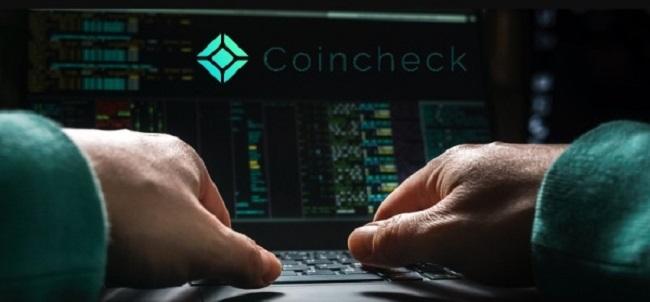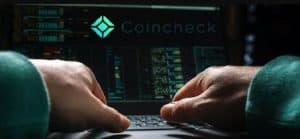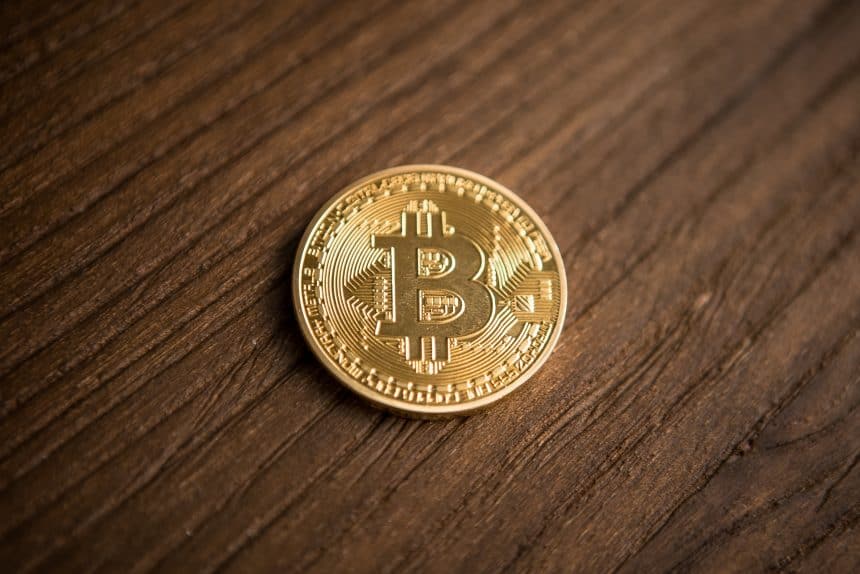Join Our Telegram channel to stay up to date on breaking news coverage
The Coincheck security breach left a deep scar in the cryptocurrency industry in Japan. Besides the enormity of the stolen funds, the hack has acted as a benchmark for new developments in the country. Recently, a Tokyo court made a groundbreaking rule on the matter.
Takayoshi Doi — Japanese Doctor and Alleged Coincheck Fence
According to local news source Kyodo, the Tokyo District Court ruled earlier this week that about $46,000 in stolen funds be seized from a doctor who now stands accused of fencing them. The report explained that the court had issued a protective order for future seizure from Takayoshi Doi, a doctor based out of Obihiro City, Hokkiado. In March, the Tokyo Metropolitan Police Department arrested Doi and a company executive based in Osaka for purchasing tokens related to the hack. The police accused both men of knowing the Coincheck hack’s origins and purchasing their tokens from a Dark Web platform.
Both men stand accused of having funneled some of the funds for the hackers. Their case is yet to be decided. Coincheck’s hack was one of the crypto industry’s watershed moments. With cryptocurrency prices beginning their free-fall into what we now know as the 2018 crypto winter, the exchange suddenly went dark around 3 AM local time on January 26. When the dust settled, millions in fund shad vanished.
In a press conference, Coincheck officials confirmed that the hackers had stolen $534 million in NEM tokens. Hackers reportedly managed to steal the private key to Coincheck’s NEM hot wallet, thus easily siphoning it.
All stolen money belonged to Coincheck’s customers. While the exchange tried to stop the bleeding by halting withdrawals from its platform, it was too late. Since then, there have been several investigations into the hack and the identity of the hackers.
Coincheck’s Bumpy Road Back
Kyodo reported that the court managed to seize $46,000 in funds, held in NEM tokens and Bitcoin. Of course, this marks just a fraction of the tokens that the hackers managed to steal from Coincheck in 2018.
The District Court’s ruling marks Japan’s first crypto seizure. Until an official verdict is handed down, however, the funds will remain in Doi’s custody. As for Coincheck, the exchange managed to weather the storm and resume operations a few weeks after the hack happened. However, it hasn’t been an entirely rosy ride for it as well.
Besides the constant links to one of the industry’s most massive hacks, Coincheck has also suffered through some more data breaches. In June, the company was hit with an attack that put its customers’ email addresses and other personal information at risk.
In an official announcement, Coincheck explained that the attack occurred between May 31 and June 1. It allegedly affected about 200 customers. Besides email addresses, attackers allegedly stole full names, selfie IDs, phone numbers, and their full names.
Coincheck assured users that the breach had no impact on its customers’ funds. However, it had to halt all withdrawals from its platform to prevent any unsuspected asset movements.
Join Our Telegram channel to stay up to date on breaking news coverage


